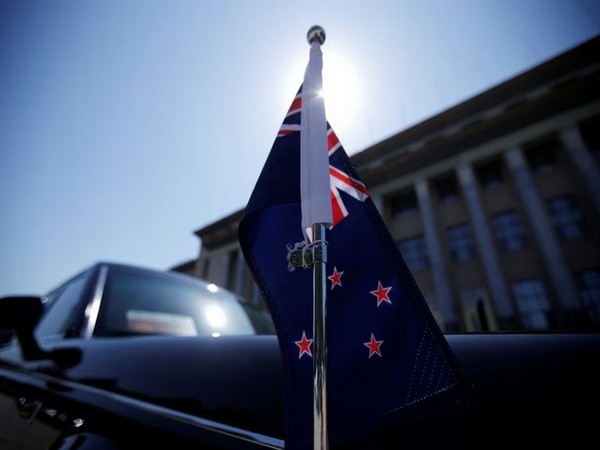

New Zealand is aware about foreign intelligence agencies, including those from China, who persistently and opportunistically conduct espionage operations against Wellington, it said in a report released on Friday.
The report titled, “New Zealand’s Security Threat Environment 2023” revealed that the primary target of the foreign intelligence agencies remain the government but now there are broader
objectives that can see corporates, research institutions and government contractors in focus.
The information foreign agents aim to steal is increasingly broad too. Anything from military capabilities to sensitive intellectual property, or even personal information is being sought in order to gain strategic advantage.
“This report highlights the activities of three states in particular: the People’s Republic of China (PRC), the Islamic Republic of Iran and Russia,” the report read.
“NZSIS has detected interference activity from a number of foreign states. Most notable is the continued targeting of New Zealand’s diverse ethnic Chinese communities. We see these activities carried out by groups and individuals linked to the intelligence arm of the People’s Republic of China (PRC),” it further added.
The report further stated that China’s efforts to advance its political, economic, military and security involvement in the Pacific is a major factor driving strategic competition in New Zealand.
“Strategic competition is contributing to this unpredictability, evident in both a growing assertiveness from the People’s Republic of China (PRC) and in international reactions to that
assertiveness, as well as through largescale conflicts such as Russia’s illegal military invasion of Ukraine,” the report said.
“What is foreseeable is that an increasing competition between states creates fewer opportunities for more collaborative approaches to statecraft. As a result, we see greater incentives for states to reach for covert tools such as espionage and interference. This
situation is especially evident in an environment where some states are moving away from, and attempting to rewrite, accepted international rules and norms of state behaviour. In a complex strategic environment, more states are likely to turn to intelligence to avoid surprise and gain an advantage,” It added.
The report further stated that PRC’s efforts to advance its political, economic, military and security involvement in the Pacific is a major factor driving strategic competition in our home region. PRC has significant and growing intelligence and security capabilities, and its efforts are increasing New Zealand’s exposure to the consequences of strategic competition.
“Our analysis is not about predicting what individuals or foreign states will do. No intelligence agency has access to that kind of crystal ball. Instead it is about understanding the factors that
motivate or drive particular choices so we can better prepare ourselves for security threats, present and future,” Andrew Hampton, NZSIS’s director-general of security, said in a statement.
“I would like to think this assessment contributes to the vision outlined in the Royal Commission of Inquiry into the Terrorist attack on Christchurch masjidain on 15 March 2019. The report
called for a more mature conversation about our national security. Being open and transparent with one another about the threats we face is one way we can have this important discussion,” he added.